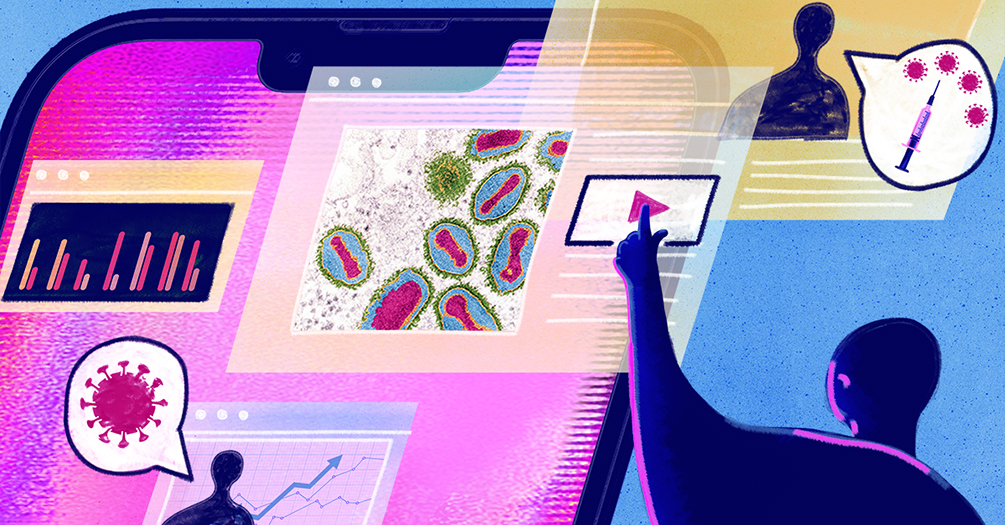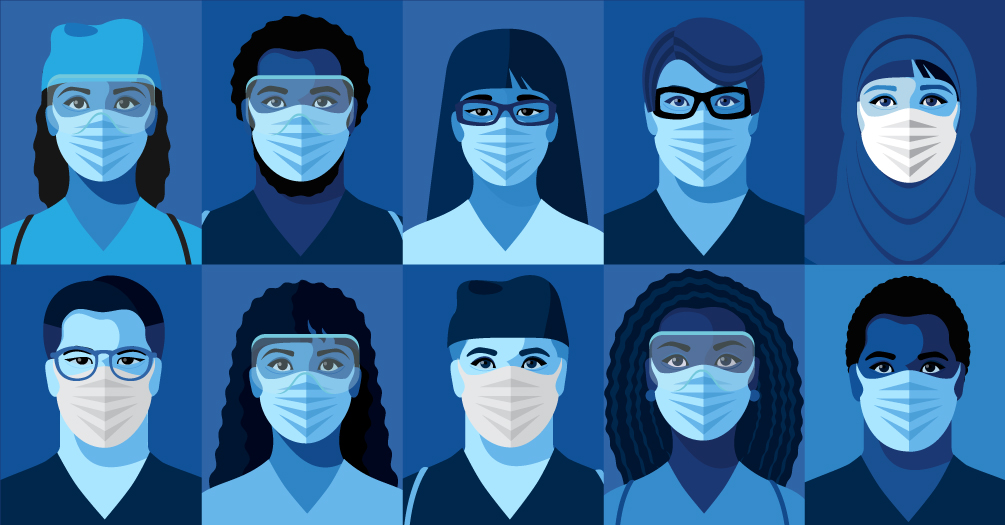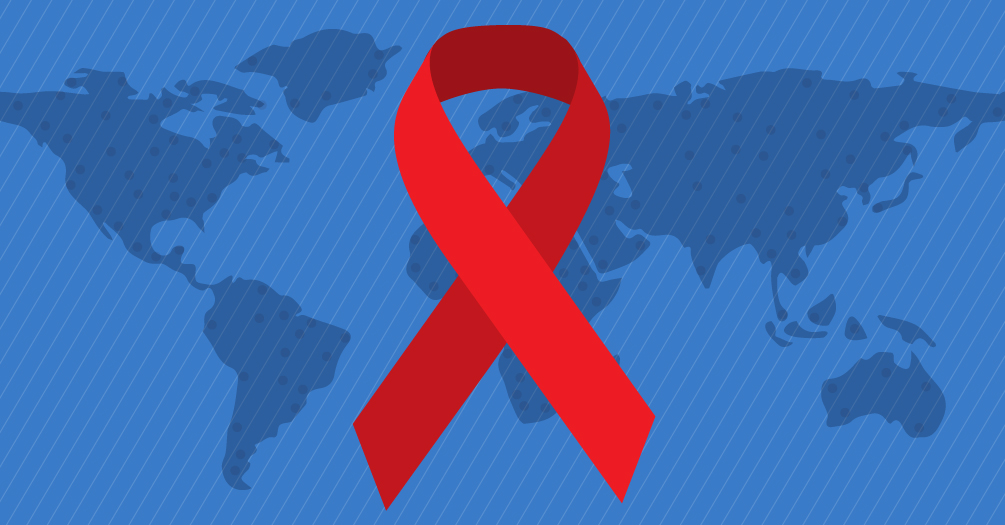
Safeguarding the people of Ukraine
The Ukrainian people continue to suffer atrocities at the hands of Russian armed forces, who invaded Ukraine on Feb. 24, 2022. Two members of the University of Michigan community who have ties to Ukraine and have dedicated their talents and lend their expertise to help safeguard its people.





